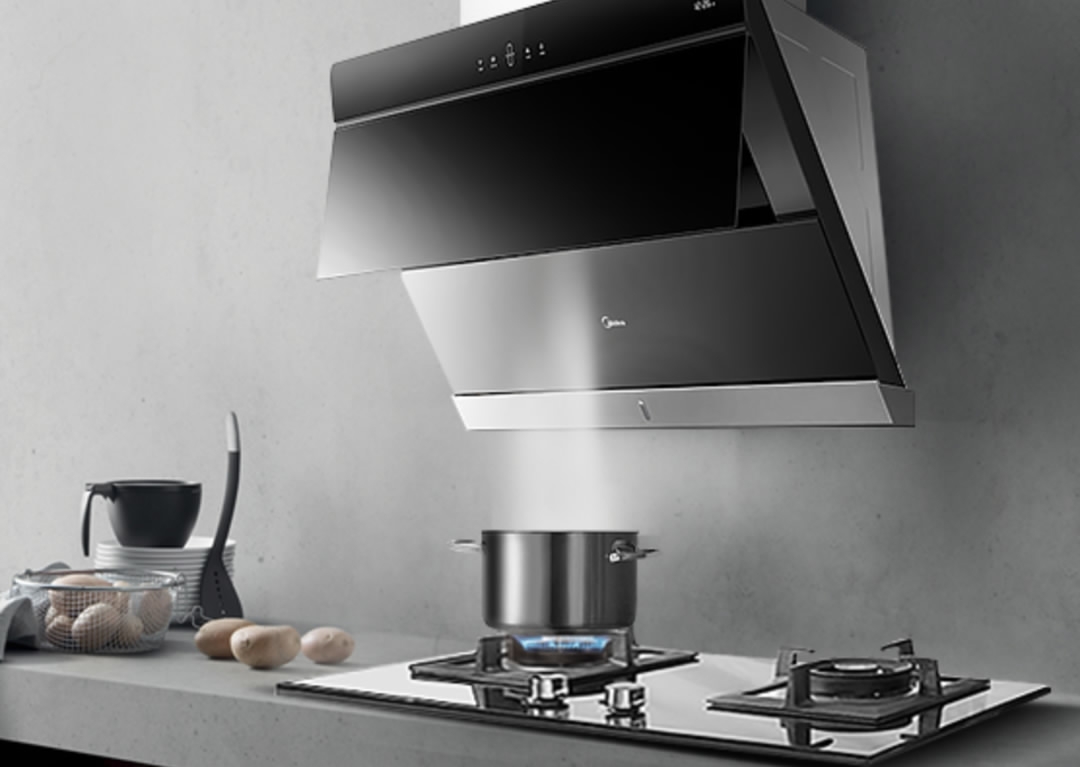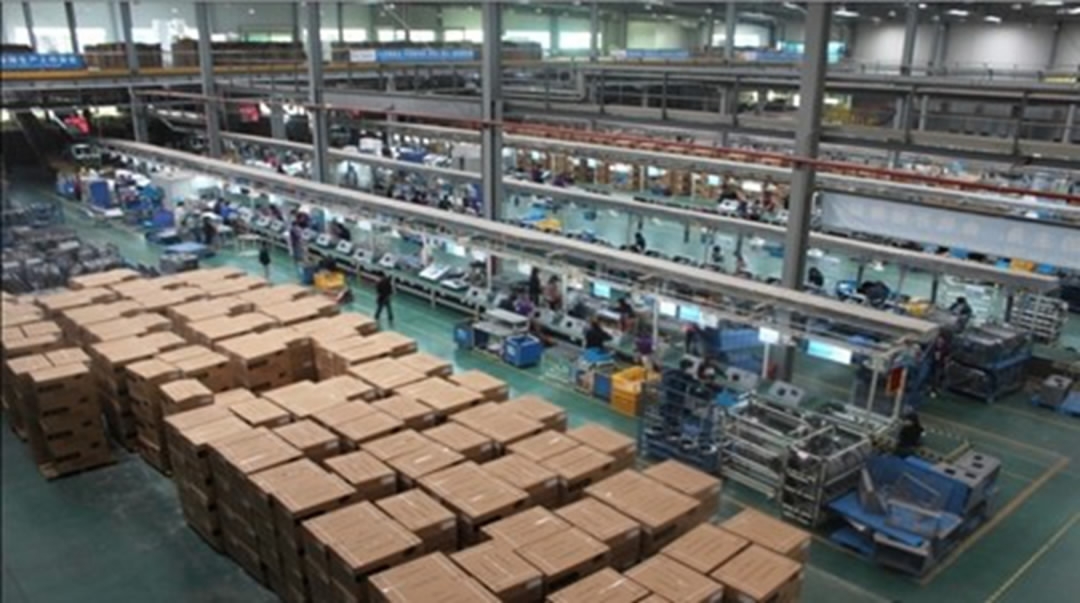
Business
23:10, 08-Dec-2017
Midea president: Complete self-denial is key to achieving corporate transformation
By CGTN’s Ge Yunfei & Dai Piaoyi

Midea Group is a Chinese electrical appliance manufacturer. In 2016, it was listed in Fortune Global 500 list, ranking 450th in terms of revenue.
Midea made a successful transition as the manufacturing industry in China went through a journey of transformation, while many other household appliance companies went out of the market.

Midea company products on display. /CGTN Photo
Midea company products on display. /CGTN Photo
“The most primary reason of a company’s successful transformation and upgrading is self-denial," Midea president Fang Hongbo told CGTN in an interview. "We overturned our successful business model, methods of operation, profit model, and administration in the past. Midea started to upgrade and transform from 2010. It was a practice of the supply-side structural reform. We are the practitioner of the reform. We focus more on quality than quantity.”

Midea’s washing machines factory in Wuhan, China. /CGTN Photo
Midea’s washing machines factory in Wuhan, China. /CGTN Photo
Fang’s advice to the leaders of companies in transition is that they need to be very determined. “It is up to the leader’s resolve to overturn everything in the past,” he said.
About ten years ago, Chinese companies waged a campaign to buy foreign firms in the West, like TCL’s acquisition of a European TV brand and Lenovo’s acquisition of IBM’s personal computer department.
A similar campaign has also recently emerged. In 2016, Midea made a highly publicized move to acquire German robotics company KUKA.
Speaking of the difference between this acquisition and Chinese companies’ cross-border merger wave 10 years ago, Fang said their move is proactive and part of Midea’s upgrade process.
“In the past, most of Chinese companies’ overseas acquisitions were passive, which means the target companies or brands needed to be sold," he said. "But we decided to acquire KUKA proactively. We made our minds to upgrade the company to a technological and capital- intensive industry. We thought buying KUKA is a perfect choice for us.”
Before the acquisition of KUKA, Midea had had a lot of joint venture experiences. It cooperated with the American company UTC in over 10 ventures and acquisitions. But It still took Midea three years to finish the deal.
Midea keeps advancing with time. Now the company has positioned itself as an intelligent manufacturing company.
Fang believes technology innovation drives the progress of the company. In order to promote effective innovation within the company, he said Midea made lots of efforts to reform the organizational structure and human resource system of the company.
Ten or 20 years ago, Midea’s senior executives were recruited from Guangdong Province. But now, their top management team is diversified and internationalized. The company’s senior executives are now from 19 countries around the world.
Midea plans to become a real global enterprise. This year, half of their 240 billion yuan in revenues is from overseas markets.
“We encountered a series of problems on the way of becoming a globalized company, for example in the areas of local regulations, taxation, exchange rate, foreign company administration, culture identity, and so on,” said Fang.
But Midea managed to solve the problems.
“The first principle is that we respect every culture in the world. And second, we localize our factories in overseas markets,” Fang said.

SITEMAP
Copyright © 2018 CGTN. Beijing ICP prepared NO.16065310-3
Copyright © 2018 CGTN. Beijing ICP prepared NO.16065310-3